Nearly 200 bodies found near another former residential school in Canada
A Canadian indigenous group has discovered nearly 200 unmarked graves on the grounds of another former residential school in Canada’s Saskatchewan, shortly after the discovery of a mass grave of First Nation children shook the country and reignited the debate over the horrific abuses against indigenous people.
The Lower Kootenay Band, a First Nation based in the East Kootenay region of British Columbia, said on Wednesday that a ground-penetrating radar had revealed 182 human remains at St. Eugene’s Mission residential school near the city of Cranbrook in British Columbia.
The group added that some of the remains had been buried in shallow graves only three and four feet deep.
“It is believed that the remains of these 182 souls are from the member Bands of the Ktunaxa Nation, neighboring First Nations communities, and the community of Aq’am,” the Lower Kootenay said in a statement.
The latest finds have reopened old wounds in Canada regarding the notorious residential schools, which were mostly operated by the Roman Catholic Church on behalf of the Government of Canada during the 19th and 20th centuries.
In all, 130 boarding schools forcibly separated more than 150,000 indigenous children from their families and had them attend state-funded schools in a campaign aimed at forcibly assimilating the minors into Canadian society.
Thousands of children died of disease, malnutrition, neglect, and other causes at the schools, where physical as well as sexual abuse was rife.
In 2008, the Canadian government formally apologized.
The grim discovery at St. Eugene adds to the growing list of unmarked graves in Canada.
Last week, the Cowessess First Nation in Saskatchewan announced the discovery of 751 possible unmarked graves. In May, the Tk’emlúps te Secwe̓pemc said it had discovered 215 unmarked graves, most of which are believed to be children.
“People are finally listening to us. And I’m glad that they’re finding them and taking care of what needs to be taken care of,” said Jack Kruger, who in 1956 was taken from his family and transported by train and cattle truck to St. Eugene. He was six years old at the time.
Many survivors of St. Eugene’s Mission residential school, like Kruger, stress that their trauma was compounded by the country’s failure to face up to what they have known for years: that innumerable friends and relatives lost their lives at the institutions which were supposed to be caring for them.
“As they uncover more graves at other sites, I’ll have to relive it all over again. I don’t anticipate that I’ll stop having nightmares or pain for the next two years. The next two years, you’re going to find many, many, many, many more graves,” Kruger said.
St. Eugene’s Mission residential school opened in 1890 and became an industrial school in 1912. The Truth and Reconciliation Commission, which was active from 2008 to 2015, said that the school had been the site of recurring outbreaks of influenza, mumps, measles, chickenpox, and tuberculosis.
In 1969, the federal government took over the operation of the school from the Catholic Church and shut it down.
Thousands of children attended St. Eugene’s Mission residential school, including 100 children from the Lower Kootenay Band.
On Tuesday, Canadian indigenous community leaders and rights activists joined the chorus of calls for the cancellation of national Canada Day festivities to be held on July 1 across the country following the grim discoveries. Instead, they called for reflecting on the real history of the country and support indigenous people.
Canadian Prime Minister Justin Trudeau said last week that Canada Day would be a time for Canadians to reflect “on reconciliation, on our relationship with Indigenous peoples and how it has evolved and how it needs to continue to evolve rapidly.”
The discoveries have sparked outrage among the First Nations peoples.
Murder of innocence: Israeli-US aggression on southern Iran school killed 165 children
Israeli PM’s fate unclear after ‘surprise’ missile attack on his office: IRGC
Iran Armed Forces shoot down US F-15 fighter jet near Kuwait border
IRGC, Army launch fresh waves of missile strikes against Israeli, US targets
Red Crescent Society: 555 people killed across Iran in US-Israeli onslaughts
Operational concerns delayed US-Israeli aggression against Iran for a week: Report
Iran slams Israeli attacks on Lebanon, warn UNSC’s inaction to embolden regime
Iran says has ‘no choice’ but to fight back, holds no enmity toward American people


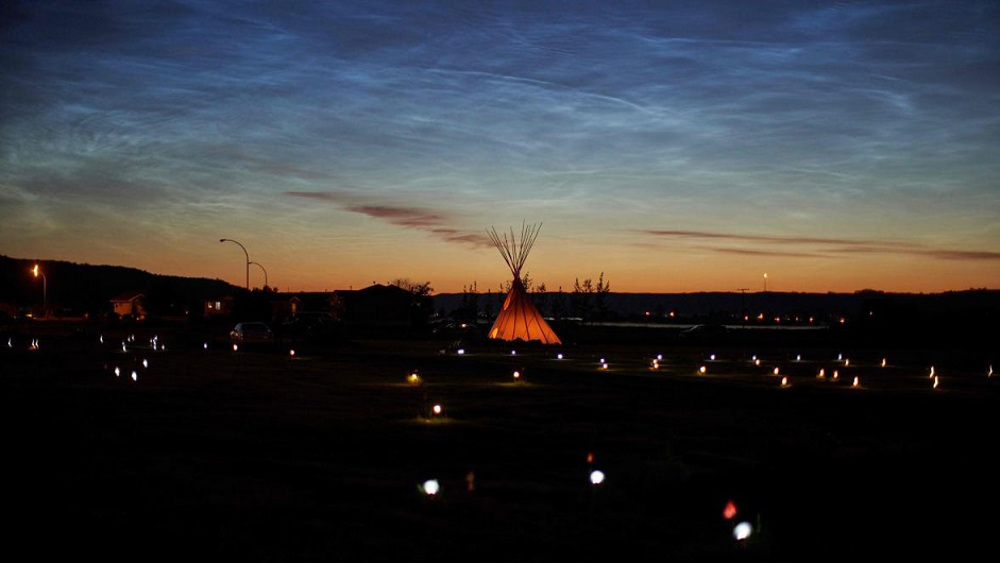
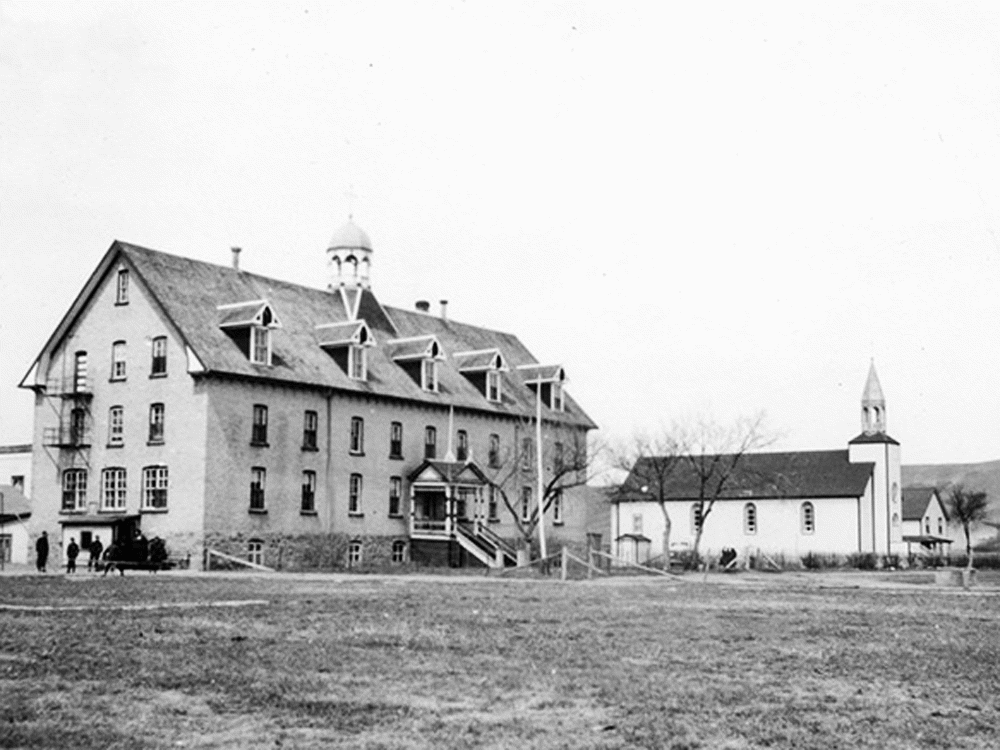
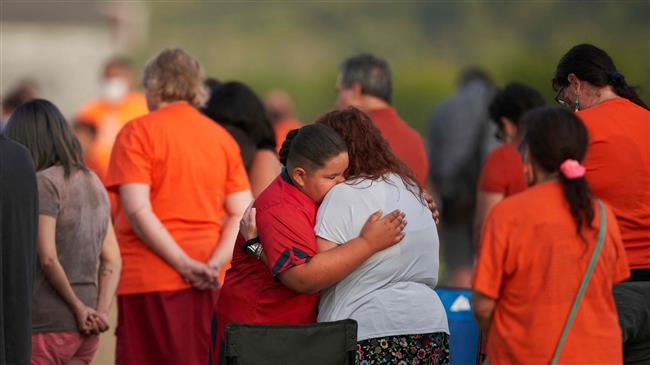
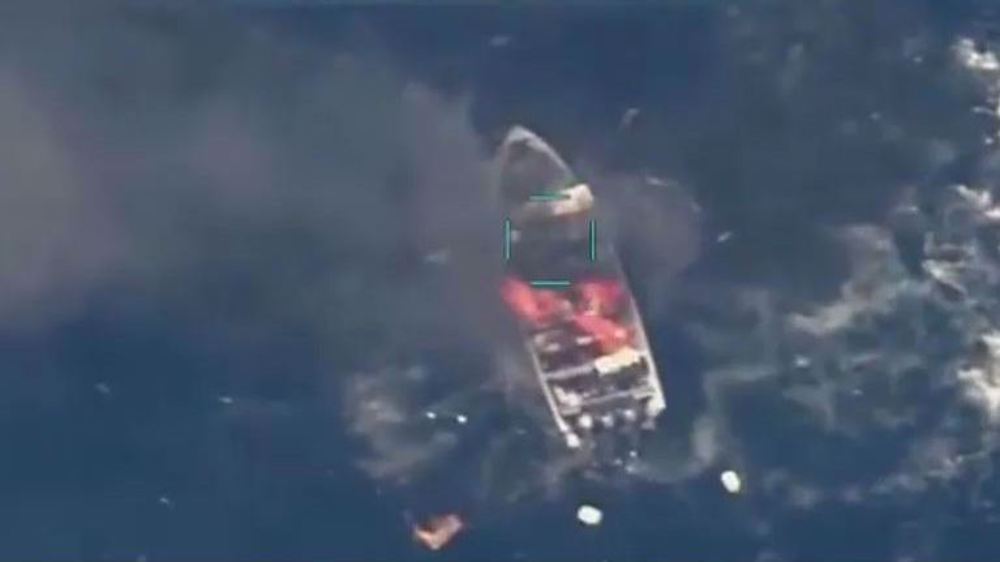

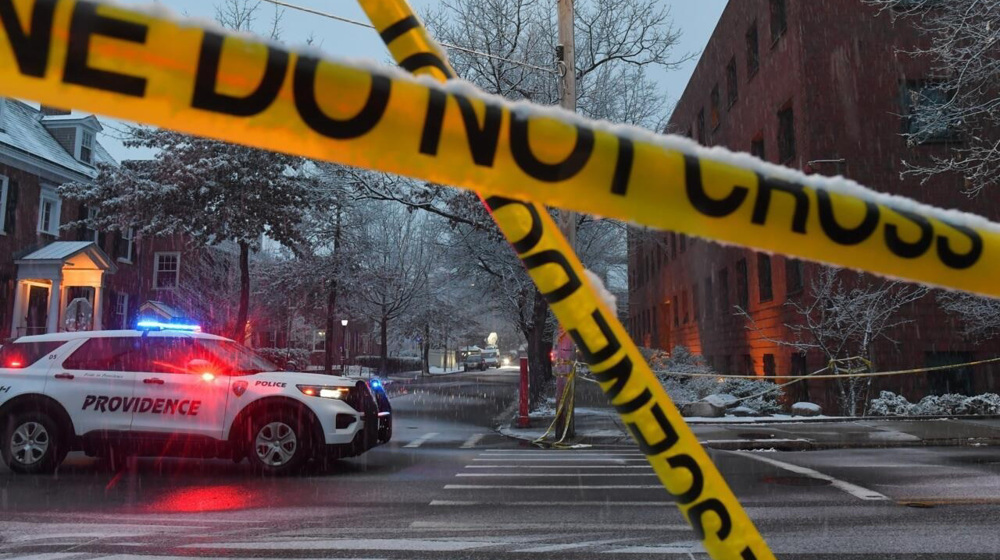



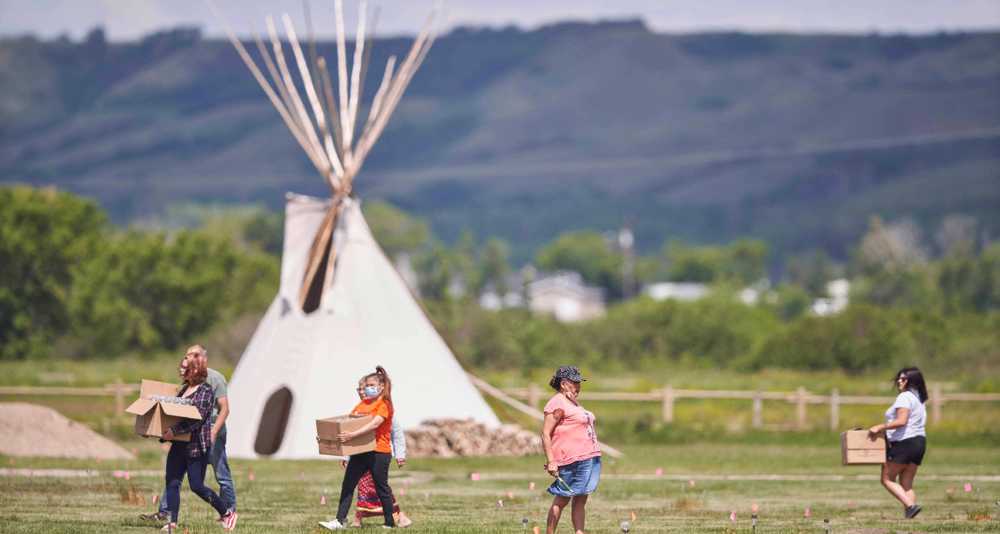
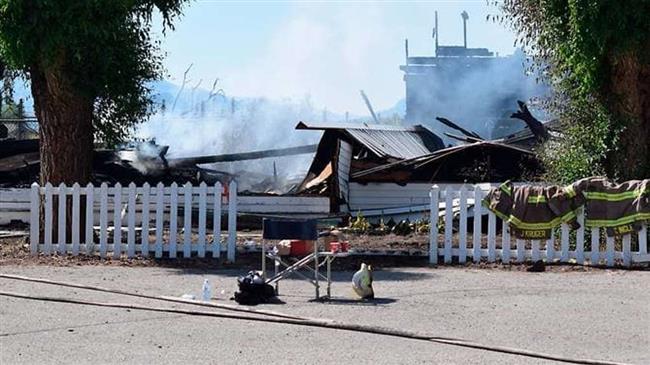

 This makes it easy to access the Press TV website
This makes it easy to access the Press TV website